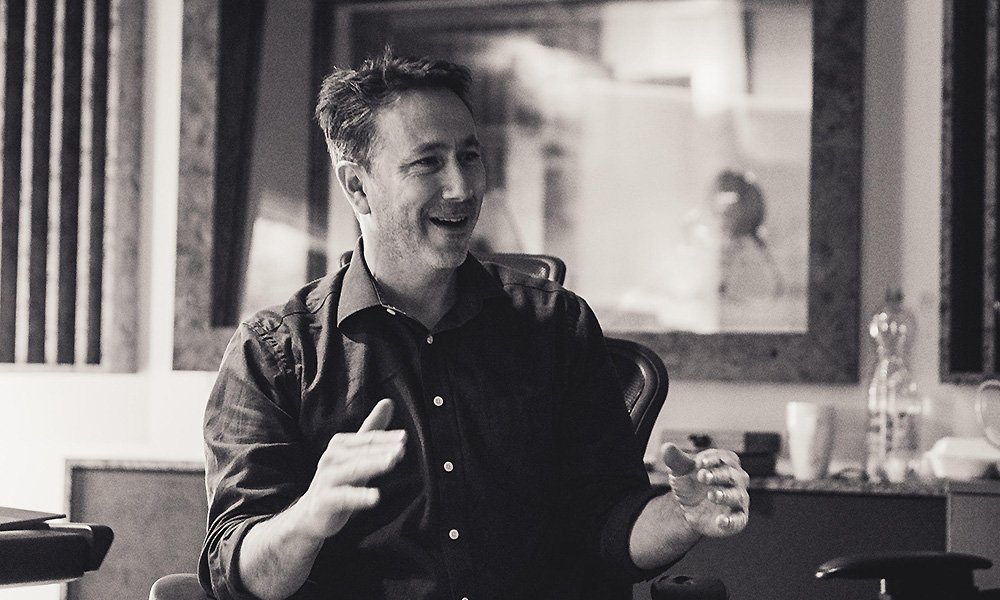Matt Lawrence (Adele, Amy Winehouse, Bjork)
Matt Lawrence is a Grammy-winning, multi-Platinum mixer, producer, and engineer who has worked on some of the most influential records of the past 20 years, contributing to millions of record sales worldwide. He was Chief Engineer at London’s Metropolis studios before moving into production alongside his mix work. Records he’s been a part of include artists such as Adele, Amy Winehouse, Bjork, DJ Shadow, Grinderman, Keane, Lady Gaga, Laura Marling, Mumford & Sons.
Tell us about your current studio setup.
I have an SSL E series in my studio but these days I do most of my work in-the-box with Pro Tools. I have Avid artist mixes that help make automation and effects throws sound a little more natural.
My monitoring is for the most part PMC 226’s with a sub, all controlled by a Trinnov ST2. They say no listening environment is perfect. Well, now mine's as close as one can get to that. I also use Avantone mix cubes and various headphones. The big monitors (Quested) rarely get turned on these days.
I still like to use some analog outboard where the project permits, such as Tube Tech CL1B, Distressors, 1176s, and Chandler TG1 for parallel limiting magic. I like also to break out to the many guitar pedals and tape delays (201, 555).
I have a full complement of UAD, Fab Filter, Waves, Izotope, and Soundtoys plugins, as well as the usual tuning and utility workhorses. Regular plugins include Fab Filter EQ for utility and Sonnox, UAD GML, and Maag for other reasons. Sonnox suppressor is also a go-to for me, helping to dynamically reduce problem frequencies.
There is always one or two 'flavour of the week’ boutique plugins on rotation to add some vibe and craziness to the sound. I like to vary these before I overuse them!
Having worked on so many songs over the past few years, how do you stay fresh and excited about making music these days?
It’s so interesting to duck into the various universes of my clients and I always get inspired by the artists and what they have to say, sometimes as much as the music. I also like to be as diverse as possible with the style of music I work on. This helps me take things from one genre and fit them into another.
Whoever I'm working with, I prefer to be as collaborative as possible, bouncing ideas off each other and taking on different parts of the song is a surefire way of keeping us all working harder than if we were alone.
How do you typically approach the mixing of a song.
My process for setting up the mix is to agree on a small playlist of songs that give us a clear sonic palette and to ensure we’re all on the same page. I then identify the key elements of the song and mix and structure these first. The rest hangs nicely off this. I A/B with ALL previous incarnations of the song. There's often one great bit from an otherwise bad monitor mix!

